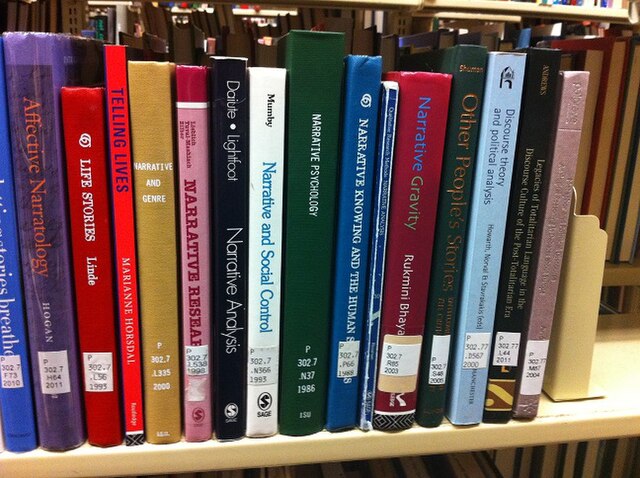Infinite photos and videos for every Wiki article ·
Find something interesting to watch in seconds
Celebrities
Sports
Wonders of Nature
Great Cities
Countries of the World
Great Museums
Supercars
Largest Empires
Richest US Counties
Great Artists
Ancient Marvels
Crown Jewels
Famous Castles
History by Country
Wars and Battles
Recovered Treasures
Rare Coins
Tallest Buildings
World Banknotes
Orders and Medals
Animals
Largest Palaces
Best Campuses
Kings of France
Presidents
British Monarchs
more top lists


